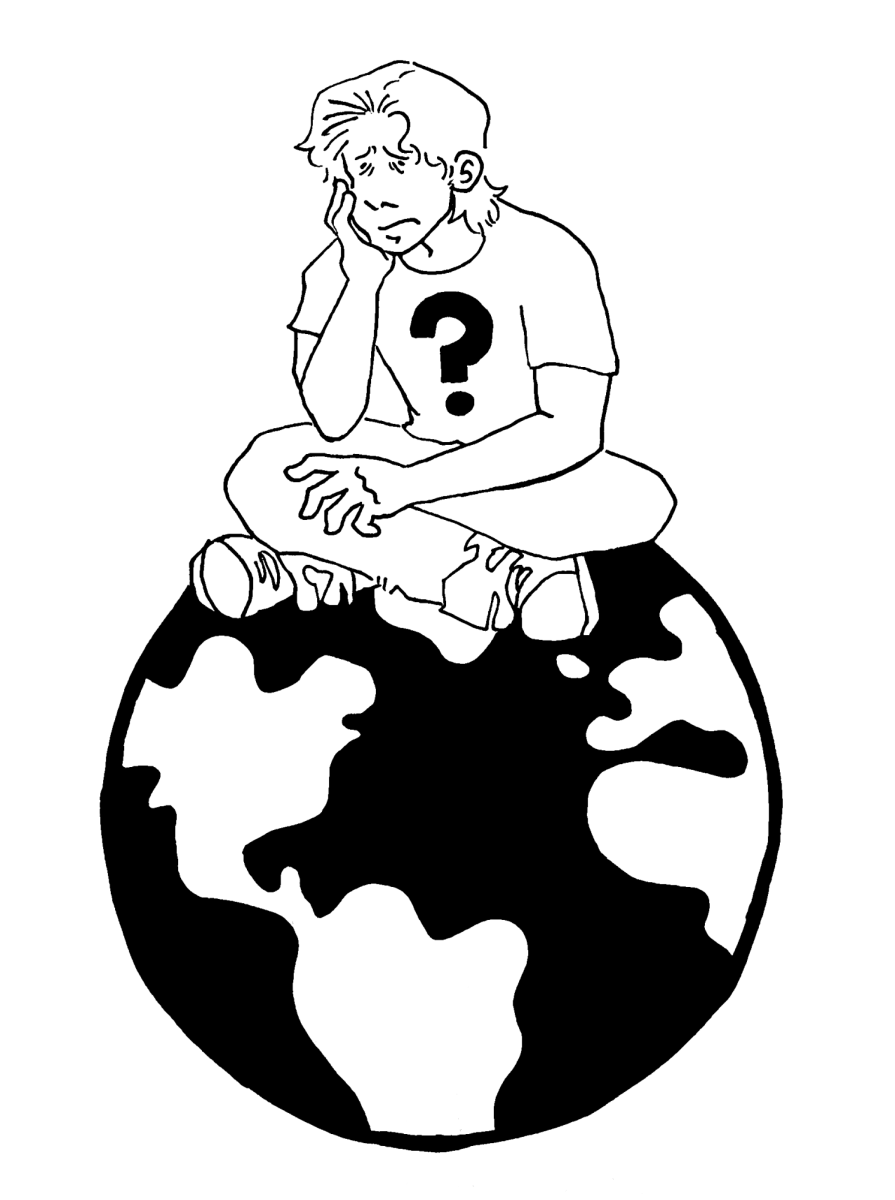Elliot Armitage, A&E Editor
Originally published June 13, 2019
James Charles, a 20-year-old makeup guru on Youtube, lost nearly three million subscribers in a weekend. He’s been embroiled in drama with Tati Westbrook, his friend and fellow beauty Youtuber, who gained almost four million subscribers in the same period.
Since Charles posted a video defending himself from claims of predatory actions, he’s gained back two million subscribers. He’s almost back where he was before all of the drama. So, what was the point of this ordeal? What did it accomplish?
It didn’t accomplish much, as is typical in the modern “cancel culture.” The dynamic of the culture has brought the past actions of many celebrity figures up for public discourse, but has rarely ended in concrete success.
“Cancel culture,” a term invented by Twitter users in recent years, describes the efforts of social media users to “cancel” celebrities and internet personalities based on past actions, remarks, or other reasons.
Cancel culture has a great idea behind it. The guiding principle of holding people accountable for their actions is very important, but “cancelling” someone has proven to be an ineffective way of doing so.
Social movements like #MeToo have risen out of the same social climate that has fueled cancel culture, yet have found far greater successes. #MeToo has been one of the defining movements of the decade, a platform for women to speak out against powerful men that have abused them. The #MeToo movement has led to numerous predatory men, mostly in Hollywood, truly being cancelled.
Not cancelled in the sense that a contingency of people on Twitter consistently throw insults at them. Cancelled in the sense that they are not offered roles in movies, have lost custody of their children, and in some cases, have been convicted of actual crimes and have spent time in prison.
The cancel culture of Twitter and other social networks punishes targets with a smearing of their reputation through increased negative exposure, rather than legally punishing someone. Although this is sometimes beneficial, and when used effectively can be a good, crowd-sourced alternative to legal action, it is unreliable, lends mostly short-term results, and only really works against online influencers whose entire livelihood depends on their online status.
In cases such as James Charles, “cancelling” him proved to be very effective for about three days. There’s little longevity to this accountability– people will inevitably stop paying attention, and although people like Charles’ reputation is permanently damaged, their influence is intact. In fact, more people than ever have heard Charles’ name due to all of this drama.
That’s another problem that comes up with cancel culture–its form of punishment is to give further exposure to a problematic individual. Exposing someone for their wrongdoing is important, but unless legal action comes as a result of that exposure, that person now has national name recognition for free–“no such thing as bad publicity,” as the proverb goes.
Problems are also evident in the leadership and methodology behind cancel culture. Take Black Lives Matter (BLM). Formed in 2013 by Alicia Garza, Opal Tometi, and Patrisse Cullors, BLM was made directly in response to the acquittal of Trayvon Martin’s killer, and has focused on police violence against the black community. Cancel culture is a loose conglomeration of social media users fighting for… justice? Truth? At its core, cancel culture is meant to hold people accountable for their actions, but it does not have a fundamental mission like its social justice contemporaries.
There’s no figurehead in cancel culture. It’s more of a mob mentality than the focused efforts of BLM and #MeToo, and the mob, as always, often forgoes fact-checking. I’m in no way defending James Charles, or any other “cancelled” person; however, the culture itself is toxic and chaos is inevitable.
Cancel culture in its current state is more dangerous than it is productive. Although there are important underlying motives, it’s a loose cannon, and more focused on drama than change. Those who have been “cancelled” should be held accountable. The culture just isn’t doing that properly.
























